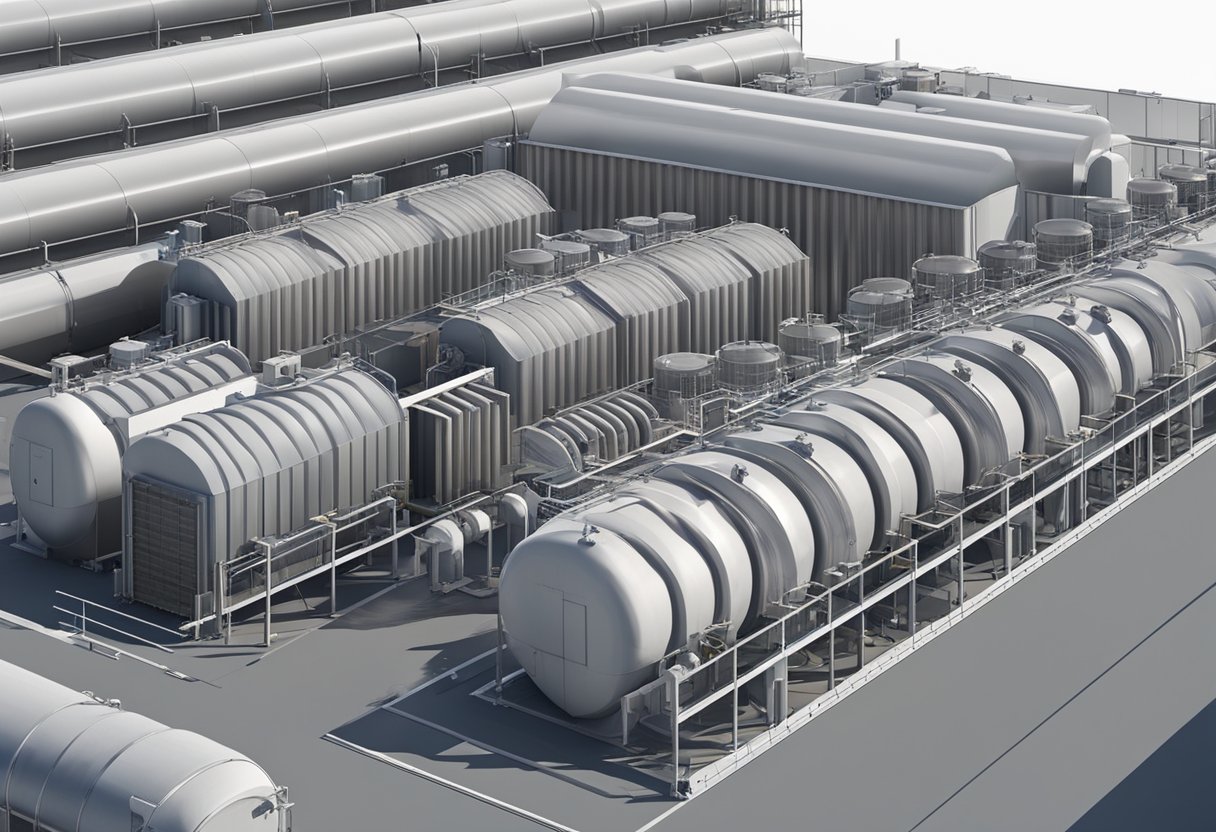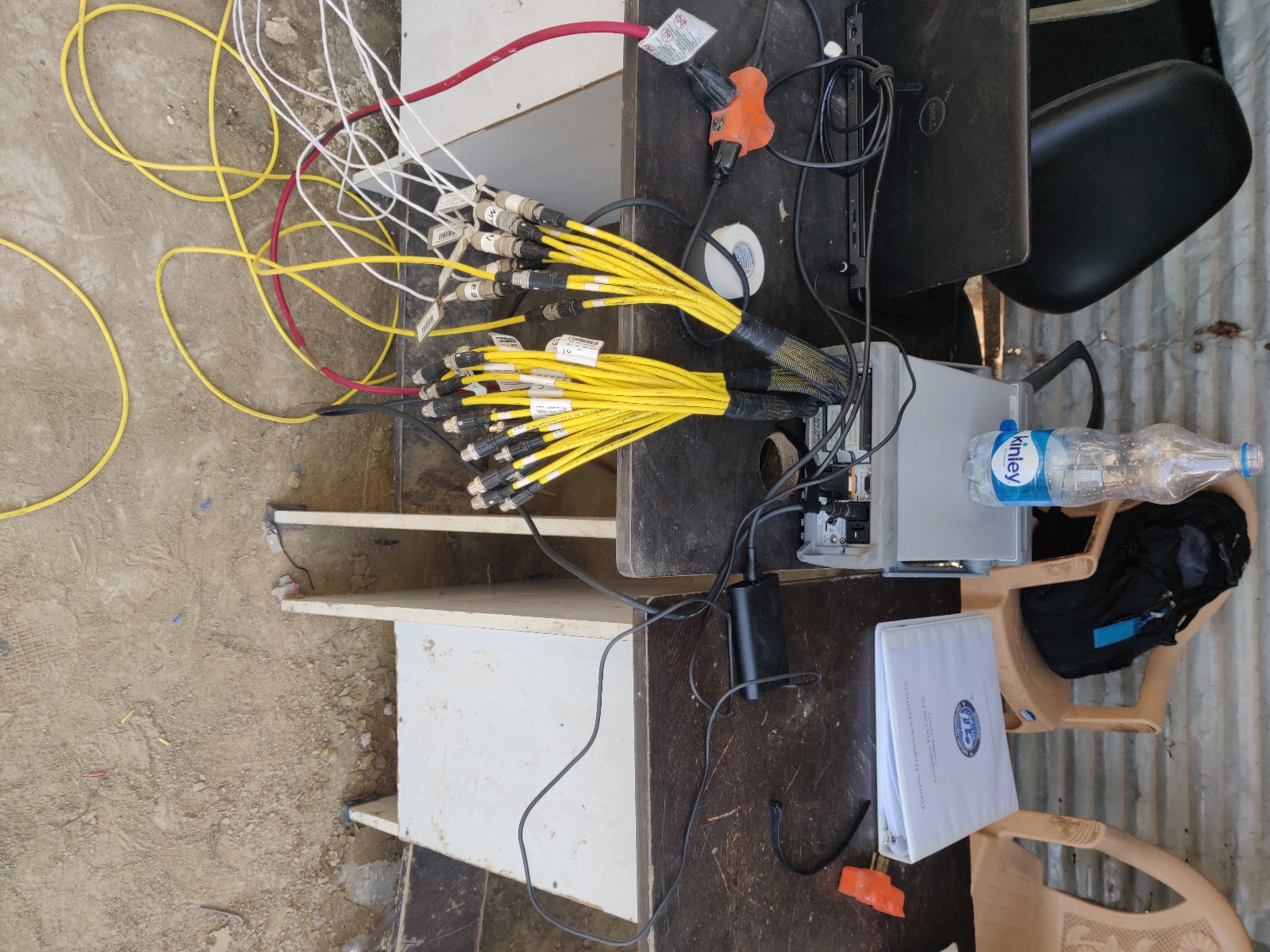Air-cooled condensers (ACCs) are a critical component in thermal power plants, playing a pivotal role in enhancing efficiency and environmental sustainability. Unlike traditional water-cooled systems, which rely on vast quantities of water to condense steam, air-cooled condensers use ambient air for the same purpose. This not only conserves water but also reduces the environmental footprint of power generation facilities.
How Air-Cooled Condensers Work:
In a thermal power plant, steam produced in the boiler drives the turbines, generating electricity. After passing through the turbines, the steam must be condensed back into water before it can be reused in the boiler. In an ACC, the steam flows through a series of finned tubes. Large fans blow ambient air over these tubes, removing heat from the steam, which then condenses into water. The cooled water is collected and recirculated back to the boiler, completing the cycle.
Enquire NowAdvantages of Air-Cooled Condensers:
- Water Conservation : One of the primary benefits of ACCs is their minimal water usage. This is particularly advantageous in arid regions or areas facing water scarcity, where traditional cooling methods are not feasible.
- Environmental Impact : By reducing water consumption, ACCs help in lowering the thermal pollution that can affect local water bodies. They also eliminate the need for chemical treatments used in water cooling systems, further decreasing the environmental impact.
- Operational Efficiency : ACCs can be more efficient in terms of operational costs. They require less maintenance and eliminate the complexities associated with water treatment and cooling towers.






